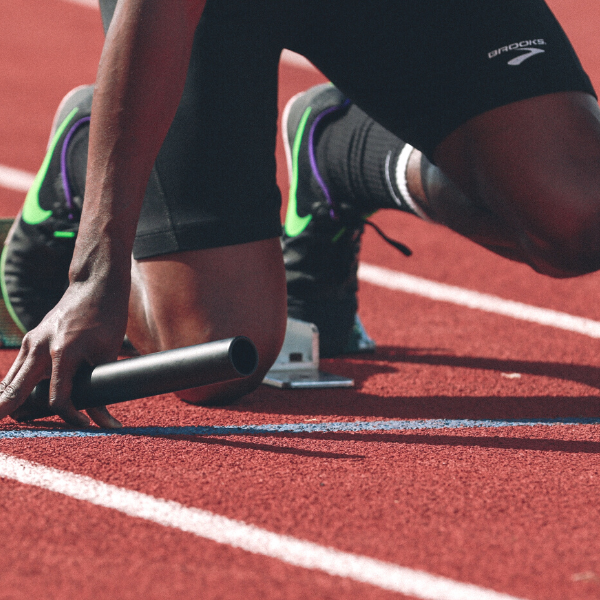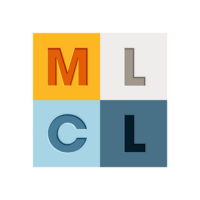NIL Agreements (NIL being short for “Name Image Likeness”) are frequently used to monetize a person’s right to publicity. Typically, any person has the right to control how and if their NIL is used for commercial or promotional endeavors. However, prior to last year, the NCAA prohibited student-athletes from doing so, requiring a forfeiture of their rights of publicity as a term of signing scholarship agreements and to remain eligible for participating in intercollegiate athletic programs. This changed with the Supreme Court’s decision in National Collegiate Athletic Association v. Alston where the Supreme Court held that these NCAA rules violated federal antitrust laws. This opened the door wide for student-athletes to begin exploring new possibilities for endorsements and sponsorships while retaining amateur status.
NCAA Policy
Effective July 1, 2021, the NCAA implemented an interim policy that allows student-athletes to profit off their NIL. Student-athletes engaging in NIL endorsements or sponsorships will no longer lose their eligibility. However, much is left up to state NIL laws and as of yet there is no federal NIL legislation, though there has been a significant push for this with many University coaches and administrators, student-athletes, and the NCAA President speaking to Congress on the issue. In the absence of a federal law governing NIL, states and individual institutions will be left to deal with matters of compliance and enforcement of state and institutional rules and regulations.
In addition to schools being responsible for reporting potential violations of the NCAA interim policy or other NCAA rules, there are some important provisions in the interim policy for student-athletes to be aware of:
- Any NIL compensation must be for work actually performed
- NIL compensation cannot be contingent on enrollment at a particular school
- While performance may enhance NIL value, NIL compensation cannot be contingent on specific performance or achievement (e.g. points earned, etc.)
- NIL compensation cannot be in violation or contradiction of state or institutional policies
Ohio’s NIL Laws
On June 16, 2021, the Ohio Senate unanimously voted in favor of Senate Bill-187. The bill was brought to the House of Representatives on June 24, 2021 and passed. The bill entered into law July 1, the same date as seven other states’ NIL bills. With only 12 states left with no proposed or passed NIL legislation and Ohio having a large number of NCAA schools and student-athletes, it makes sense that Ohio was one of the many states addressing this issue right away and a means of staying competitive in the collegiate sports environment.
In addition to permitting student-athletes to engage in NIL deals without affecting their eligibility to play or receive scholarships, Ohio NIL law has some important provisions that place obligations on both student-athletes and schools:
- Student-athletes may engage professional representation regarding NIL opportunities
- Student-athletes must disclose proposed NIL contracts to the institution for review and, in the event of a conflict, the institution must communicate the conflict to the student-athlete so as to allow the student-athlete an opportunity to renegotiate the proposed contract
- Institutions are permitted to establish reasonable policies or standards to address a student-athlete’s failure to disclose a proposed NIL contract
- Institutions (as well as athletic associations, conferences, groups or organizations with authority over intercollegiate athletics) may prohibit a student-athlete from entering into an NIL contract if the contract is associated with controlled substances, adult entertainment, casinos, or entities that sponsor or promote “gambling activities”
- Student-athletes cannot enter into contracts that require them to display a product, or advertise for a sponsor, during official team activities or certain other times, if that requirement conflicts with a provision of a contract to which the institution is a party
- Institutions are not obligated to “identify, create, facilitate, negotiate, or otherwise enable” NIL opportunities for student-athletes
- Student-athletes are not afforded any right to use an institution’s name, trademarks, service marks, logos, symbols or “any other intellectual property regardless of whether the intellectual property is registered with the appropriate authority”
Many schools have implemented educational resources for student-athletes to ensure they’re operating within the law and in some cases even providing one-on-one training in brand building.
FTC Endorsement Guides
In addition to the NCAA policy and state laws, the Federal Trade Commission (FTC) has guides for the use of endorsements and testimonials in advertising meant to provide guidance on the use of endorsements and testimonials, and to prevent deceptive and misleading advertisements and set forth the general principles that the FTC uses in evaluating whether practices fall within the scope of conduct declared unlawful by Section 5 of the Federal Trade Commission Act.
A student-athlete’s endorsement of a product or service must reflect his or her honest opinions, findings, beliefs, or experiences. Further, if an ad represents that the student-athlete uses the endorsed product, they must in fact be a bona fide user at the time of the endorsement. Student-athletes must also disclose material connections between themselves and their endorsers (i.e. an employment, personal, family, or financial relationship between the student-athlete and the business). Additionally, the FTC does not limit financial relationships to money, it can also include free or discounted products or perks.
Intellectual Property
Student-athletes are now able to begin building their brand. While, as mentioned above, they are not necessarily afforded any rights in IP owned by their university, they can certainly create and use their own to facilitate brand recognition. One way to do so would be through federal trademarks with the United States Patent and Trademark Office. Not only will trademarks allow student-athletes to capitalize on their NIL, they provide protection against imitations and counterfeits. Indeed, many student-athletes have been proactive in doing so, like Graham Mertz, the quarterback at the University of Wisconsin-Madison, who submitted a trademark application for his own personal logo incorporating his initials.
Additionally, colleges and universities are permitted to grant permission to student-athletes to use university-owned trademarks and have entered into licensing agreements with their current and former student-athletes to allow the use of their trademarks. These licensing agreements also provide a means for these institutions to restrict the use of their trademarks to endorsements that align with their values. When entering into a license for trademarks owned by another, student-athletes (and the businesses who are engaging them) need to have a clear understanding of the scope of use permitted under these license agreements.
Conclusion
Whether it is through entering into NIL agreements, creating and protecting their brand, or licensing the marks of their university, as student-athletes and their advisors begin to explore these new NIL opportunities, it is imperative to navigate carefully within this changing legal landscape.
For more information or assistance, please reach out to request a consultation, give us a call at 216-696-1422.

